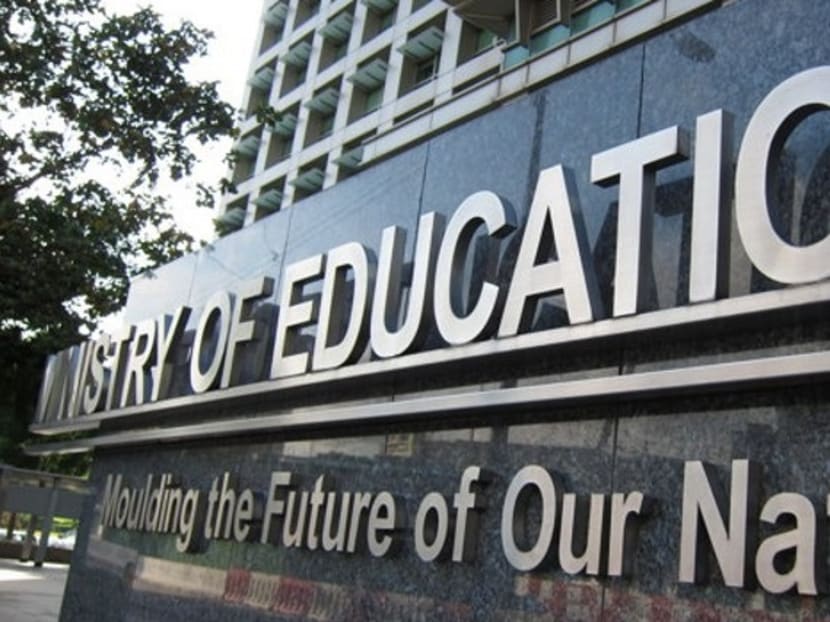MOE revises funding formula for independent schools to ensure equity
SINGAPORE — The Ministry of Education (MOE) said it has revised its baseline funding formula for independent schools to try to make it more equitable because the old formula saw disproportionately high funding going to schools with higher enrolments.
SINGAPORE — The Ministry of Education (MOE) said it has revised its baseline funding formula for independent schools to try to make it more equitable because the old formula saw disproportionately high funding going to schools with higher enrolments.
This is because the old formula gave independent schools a certain amount of grant for every student they have, said the Ministry, in its clarification to an “inaccurate” report published by The Straits Times on Monday.
That report said six top independent schools have had their funding cut and that MOE has told schools to moderate their fund-raising activities for campus upgrading. Those that want to raise funds for non-standard campus upgrading, such as swimming pools, will also need MOE’s approval, it added.
Yesterday, MOE clarified that under the new formula, funding cuts will affect only four schools and the reductions are “no more than 3 per cent”. It added that six schools will, in fact, get higher funding this year — about 5 per cent more for three of them and between 1 and 3 per cent more for the remaining three.
All schools are also already required to seek permission for fund-raising activities.
The Ministry did not spell out the details of the new formula, other than to say it has both a fixed and variable component that seeks to provide more equitable funding to the schools.
It added that reviews of funding to schools are done regularly — the formula revision was one of the major changes in this round — to ensure they are adequately funded and that the resources are well spent.
MOE noted that it has received feedback in recent years on the burden of fundraising placed on parents, students and other stakeholders.
“It is in this context that we have advised schools to moderate their fund-raising activities and to take into consideration the cost of operating any additional facilities,” it said.
“As it is, the Ministry already invests significantly in the infrastructure of each school. MOE will continue to approve fund-raising requests by schools based on the educational merits of each request. This applies to all schools, including independent schools.”
On its new directive to schools with air-conditioned classrooms to install fans and use air-conditioning only when necessary, MOE said it was in line with urging schools to be cost-effective and ecologically sustainable in their operations.
Responding to the new funding formula, Hwa Chong Institution Principal Hon Chiew Weng said its spending will not see any significant changes overnight, but only minor adjustments. He did not say if his was one of the schools to have its funding cut.
Dr Hon added, though, that his school will have to be more innovative in the way it goes about enhancing the quality of interaction between teachers and students.
The school is also reviewing some of its programmes to see how best to optimise its resources, he said. For example, some overseas immersion programmes could be run in regional countries or in Singapore instead, or alumni or student leaders could take over the running of selected Sabbaticals modules from vendors.
Dr Hon also said the salaries of his school’s teachers will not be affected and the staff development budget will not be cut.
Members of Parliament whom TODAY spoke to welcomed MOE’s move, saying it would ensure that the disparity between the ‘haves’ and ‘have-nots’ would not be widened.
Mr Lim Biow Chuan, who is Chairman of the Government Parliamentary Committee (GPC) for Education, said: “It’s a move by MOE towards the redistribution of funds and it addresses the concern of some parents on the difference in funding.” He added it was a further step towards making every school a good school.
Mr Baey Yam Keng, who is also on the Education GPC, added: “The disparity between schools adds to the stress of parents who may feel that going to a certain school would mean access to different resources and facilities.”







